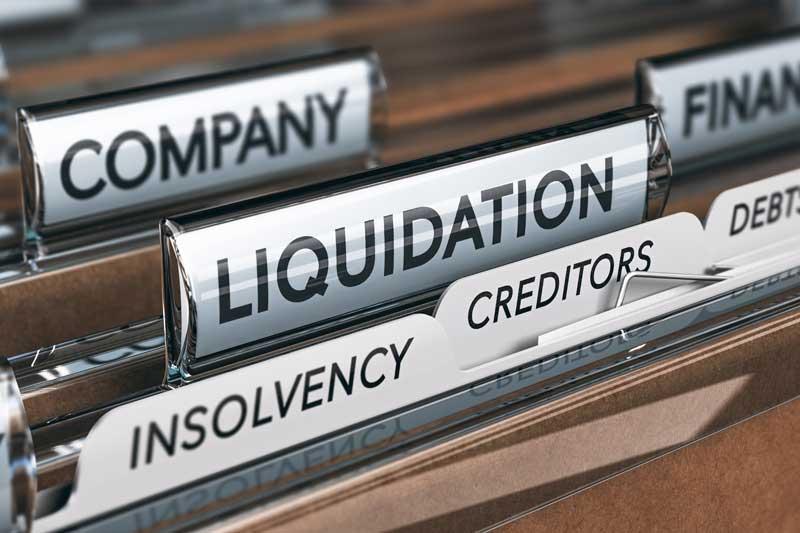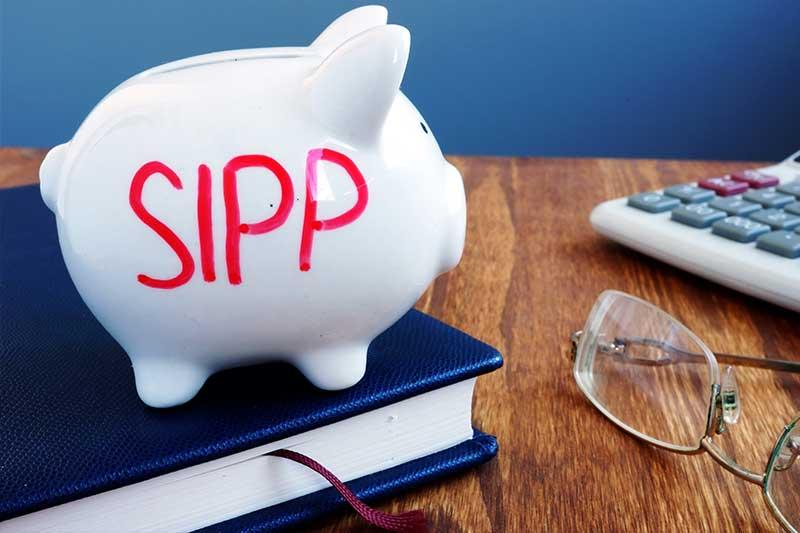
Kingsway Wealth Management Collapses Amid Pension Transfer Complaints
Transferring pension products can cause problems for consumers, especially if the new pension wasn’t adequately explained at the time, or the risks weren’t outlined in full.

Transferring pension products can cause problems for consumers, especially if the new pension wasn’t adequately explained at the time, or the risks weren’t outlined in full.

The pensions mis-selling scandal has resulted in several advisory firms going into liquidation. Here are the latest companies to have collapsed as a result of their past operations.

The SIPPs mis-selling scandal has been going on for years now, with increasing numbers of customers making claims against the firms they invested with.

At present, well over a hundred companies are being investigated by the FCA for ‘phoenixing’. But what exactly is phoenixing, and why is it so problematic?

The COVID-19 pandemic has caused widescale chaos across the UK. In addition to the health concerns, many are also worried about the economy, and how long it will take to recover in the aftermath of the lockdown.

Coronavirus is causing significant disruption across the globe – and not just with regards to health. The virus is also impacting on the world’s financial markets, which in turn, is adversely affecting personal investments.

Car lease deals and PCPs look set to be the next big mis-selling scandal. The recent investigation launched against car retailer Lookers confirms this, with their sales processes currently being scrutinised by the FCA.

Growing concerns about the rise in bad pension transfer advice has led to increased pressure being placed on the Financial Conduct Authority (FCA) to take action.

Financial mis-selling is on the rise. However, for some it remains unclear what constitutes financial mis-selling and what you should do if you believe you have indeed been mis-sold to.
Simply pick up the phone and call one of our friendly experts today on 0808 163 1659.
Alternatively enter your details into the call back form at the bottom of the page and we’ll contact you straight away.
We've helped thousands of people win compensation as a result of unsuitable financial advice.

I’m absolutely delighted with the service we got from Goodwin Barrett, I couldn’t believe how easy it was and i’ve nothing but praise for them

This was an excellent result which my wife and I never expected. My sincere thanks to you for such an excellent achievement, I cannot thank you enough

After sending a report to Santander, they agreed with our findings and awarded Mr Snowden an amount of £7,000 made up from a refund of the losses together with interest and compensation.

This was a fantastic result I never expected. My sincere thanks for such a prompt and efficient service.

We reported our findings to Halifax and within a matter of weeks had secured our client the sum of £26,700 in compensation.

After we sent a detailed complaint to Halifax, Fred was delighted to receive £6,916 from the bank in a matter of weeks.
Figures shown are before the deduction of our fee.